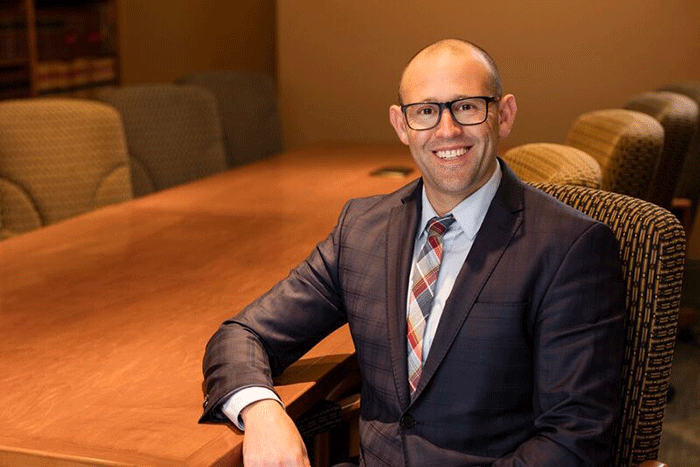A recent post by Kelowna Now highlights the alarming rate at which sexual assault reports are being dismissed as “unfounded” by Kelowna RCMP. This is just one of the many challenges of pursuing justice and accountability for survivors of sexual assault through the criminal justice system. For good reason, the standard of proof for a criminal conviction is very high: the judge or jury must be satisfied “beyond a reasonable doubt” that the accused is guilty of the offence. The standard is not “absolute certainty”, but it is close. This is because the consequences of a criminal conviction are so serious that, before the power of the state is deployed to punish a person, the state must prove its case far past probability, approaching near certainty.
After an investigation, police decide whether there is enough evidence to recommend that charges be laid and, if so, Crown prosecutors decide whether there is a “substantial likelihood of conviction”[1] before approving charges. Police, Crown, and the judge or jury will have to scrutinize the credibility and reliability of any evidence lead supporting charges. Unless there is video or other independent corroborating evidence, the most important evidence will be the victim’s live testimony in court. This puts the victim – called a complainant in criminal proceedings – under the spotlight. The circumstances are carefully scrutinized for the possibility that the complainant is either mistaken or is being untruthful. The experience can be difficult, if not traumatizing, for the complainant if after all of their efforts the accused is acquitted.
It is no wonder, then, that many survivors of sexual assault choose not to pursue charges through the criminal justice system.
For some, the civil courts may offer a more forgiving venue. In a civil proceeding the individual who was assaulted – now called a plaintiff – files a claim for monetary damages to compensate them for their loss. The defendants named in the lawsuit might include the individual who committed the assaults, but also any other people or organizations that share responsibility such as schools, employers, sports teams, and government entities. The standard of proof in a civil proceeding is much lower than the criminal standard: the plaintiff must prove their case “on a balance of probabilities”. This means they must satisfy the judge or jury that it is more likely than not that the assault took place as alleged. While the plaintiff will still have to testify in court as to what happened and while they will still be scrutinized for evidence that they are mistaken or being untruthful, the civil standard is a lower hurdle to pass than that required for a criminal conviction.
There are other benefits to proceeding with a civil claim for damages: by naming those around the perpetrator that should have stepped in to protect the plaintiff, such as coaches, foster parents, employers and government agencies, it’s possible to extend accountability and, hopefully, promote change within those organizations. The parties also have more flexibility to craft a negotiated resolution to the claim outside of court, which might include an acknowledgement and apology for what occurred, a financial award for the plaintiff, mandatory training or counselling for the defendant, and a commitment to institutional change. While most civil claims must be initiated within two years, there is currently no limitation period applicable to claims of sexual assault.[2] It is not uncommon for adults who experienced sexual assault as a child to pursue justice many years later, as adults.
Whether a person chooses to report a sexual assault to police or to bring a civil lawsuit, or to do both, or neither, there are supports available. Victim Link BC is a 24/7 toll-free, confidential service that provides information, referral services, and crisis support to victims of sexual violence anywhere in BC. The Crime Victim Assistance Program provides financial assistance and benefits, including counselling, to victims of sexual assaults whether or not they choose to report to police. It is imperative that those who have experienced sexual assault access treatment and support to help them recover from and cope with the effects of what occurred.
If you or a loved one has experienced sexual assault and would like to discuss pursuing justice through the criminal justice system or through a civil claim for damages, or both, please get in touch with us. We would be pleased to discuss the specifics of your case in a confidential, non-judgmental, and trauma-informed setting and to help you decide how to proceed.
[1] in BC – the standard is lower elsewhere in Canada.
[2] Limitation Act, SBC 2012, c 13, s 3(j).
